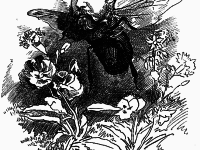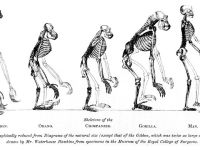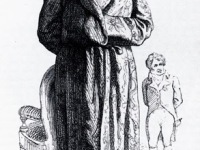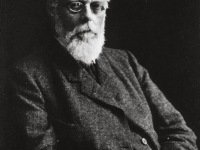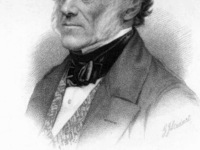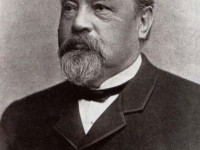Thomas Henry Huxley – Darwin’s Bulldog
On May 4, 1825, English biologist and anthropologist Thomas Henry Huxley was born. A specialist in comparative anatomy he is known as “Darwin’s Bulldog” for his advocacy of Charles Darwin’s theory of evolution[8,9]. “If the question is put to me would I rather have a miserable ape for a grandfather or a man highly endowed by nature and possessed of great means of influence and yet who employs these faculties and that…
Read more


